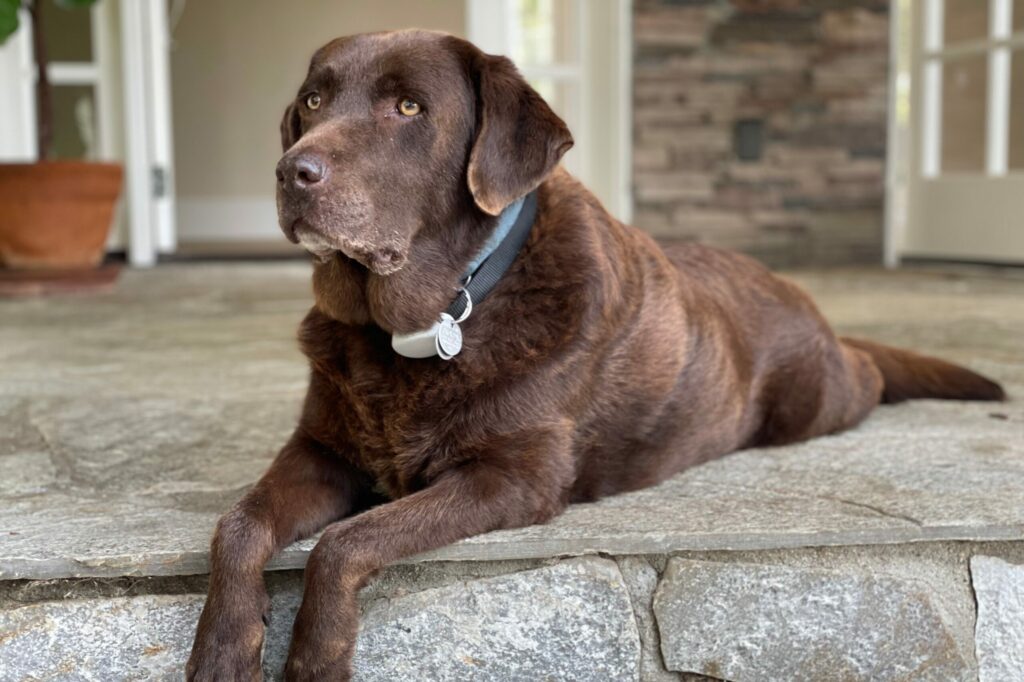What Are the Signs and Symptoms of Heart Disease in Dogs and Cats?

Just like humans, cats and dogs can develop heart disease, impacting their health and quality of life. At Rainier West Veterinary Hospital, we are dedicated to providing comprehensive care to manage heart disease, ensuring our feline and canine patients thrive through all stages of life. You can always count on Dr. Doyle and our dedicated team for compassionate, effective care for your furry companion.
Symptoms of Heart Disease in Cats and Dogs
While different heart conditions can affect your dog or cat, the symptoms are usually similar. The following are warning signs and symptoms of heart disease:
- Persistent Cough: Coughing can often develop due to seasonal allergies or asthma. If, however, your pet has a persistent cough that occurs more frequently during rest or after laying down, it could be a sign of heart disease.
- Loss of Appetite: Sudden loss of appetite is usually a sign your dog or cat is not feeling well, but it can also be a sign of heart disease. If your pet refuses to eat and turns away from their favorite treats, seek immediate veterinary care.
- Rapid Weight Loss: Rapid, unexplained weight loss can be a serious matter for cats and dogs. It may be a sign of heart disease or failure, with serious consequences for your pet’s health.
- Reduced Exercise Tolerance: If your cat or dog pants or breathes heavily after exercise or refuses to play, it may be a sign of heart disease. Make sure to schedule a checkup if your furry companion refuses to engage in activities they once enjoyed.
- Difficulty Breathing: Watch for rapid, shallow breaths, especially when your cat or dog is at rest. Household pets, especially cats, are masters at masking illness or distress, but changes in their breathing patterns are often a red flag.
- Abdominal Swelling: While abdominal swelling usually results from obstructions or intestinal parasites, it can also be a sign of heart disease. As the condition advances, fluid buildup in the abdomen can produce a pot-bellied appearance.
- Collapse: Heart disease can cause weakness or lethargy. If you see signs of increasing weakness, fainting, or collapse, seek immediate veterinary care.
What Are Different Types of Heart Disease?
Here is a look at some of the heart conditions that can affect dogs and cats:
- Heartworm disease: Heartworms, which spread through mosquito bites, can damage the heart, lungs, and other organs, leading to serious illness.
- Valvular Disease: This condition is characterized by abnormal heart valves that lead to an enlarged heart, often an early sign of heart failure.
- Arrhythmia: Arrhythmia is characterized by an irregular heartbeat that is caused by a disturbance in the heart’s electrical function.
- Myocardial Disease: Here, the heart muscle becomes thick or weak, leaving the heart less efficient at pumping blood.
- Pericardial Disease: This condition occurs when the protective sac around the heart fills with fluid, making it harder to pump blood and deliver oxygen throughout the body.
- Congenital Heart Defects: Cats and dogs are sometimes born with birth defects, which can range from minor issues to severe malformations that significantly impair heart function.
The Importance of Early Treatment
Early intervention is key to ensuring the best possible outcomes for your furry companion. If your pet shows signs of heart disease, Dr. Doyle will run diagnostic tests and conduct a thorough physical examination for prompt diagnosis. She will create a customized treatment plan to manage your pet’s condition. Treatment options may include medication, supplements, or dietary adjustments. The goal is to keep your canine or feline friend as healthy as possible for as long as possible.
Comprehensive Care Near Me in Lacey, WA
At Rainier West Veterinary Hospital, we believe in prevention as the first line of defense against heart disease. Regular wellness exams help us catch diseases early when they are most treatable. Dr. Doyle and our dedicated team are committed to helping our furry patients enjoy long, healthy, and vibrant lives. We invite you to call our office at (360) 339-8262 to schedule your pet’s appointment or request one online today!
